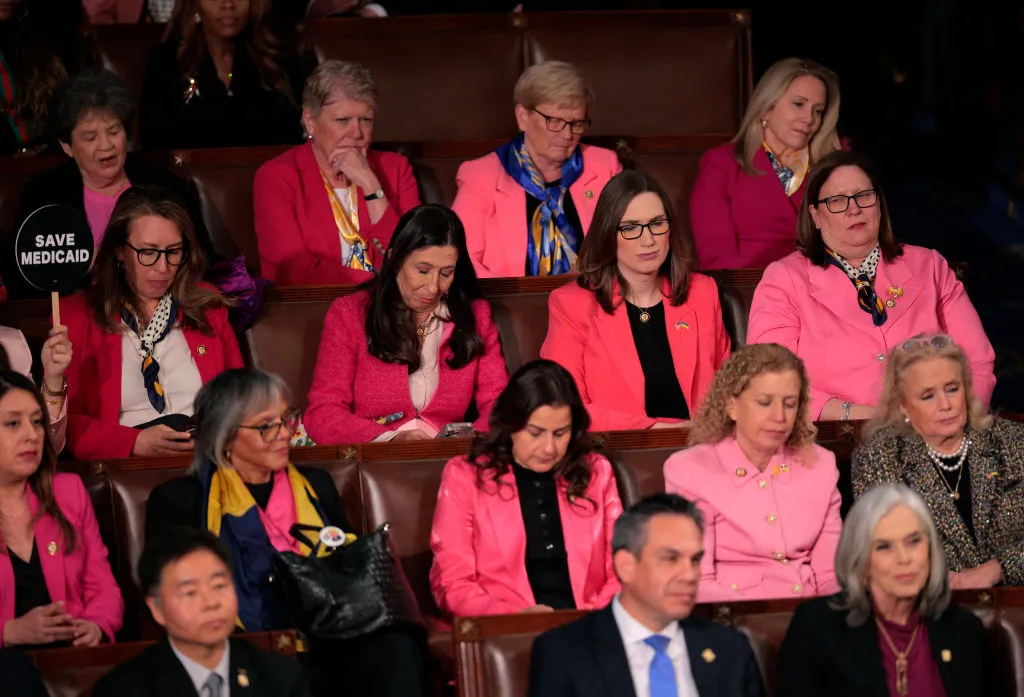Kurbo, A Gateway To Eating Disorders
August 29, 2019
Dieting programs are nothing new; celebrities have even opened up about using different dieting apps and programs. Oprah famously claims that she loves bread and using Weight Watchers so that she can eat all of her favorite foods without gaining weight. It seems that there is always a new diet fad, but the classic Weight Watchers program has struck up controversy with its newest installment.
Kurbo is an app created by Weight Watchers. Instead of giving foods different points, foods are given colors. Kurbo uses a traffic light pattern of colors to distinguish what foods are okay and not okay. In the system they have created vegetables are green, meaning go ahead and eat them, grains are in the yellow category, meaning they are allowed to be eaten in moderation, and foods such as chips, soda, and other carb-rich foods are red and to be avoided. Children are allowed only 6 red foods a day but unlimited green.
Kurbo was intended for ages 8 to 17, however, it already is pretty alarming that an 8-year-old would be forced to track their dietary habits. Children are asked what their goals are when using the app. They are given the options: eat healthier, lose weight, make their parents happy, get stronger and fitter, have more energy, boost confidence, and feel better in their clothes. Two of those options really stand out and have people really concerned about why a child should diet to make a parent happy, as well as why should they be taught to diet instead of learning to love themselves so they would feel comfortable in their clothes.
Diet culture has been preying on insecure children, more than 55% of high school girls and 30% of teenage boys are reported suffering from eating disorder symptoms. Already, 60% of girls between the ages of 6 to 12 report feeling self-conscious about their bodies. Many people who have recovered from eating disorders are sharing their opinions on Kurbo and how it promotes the idea that younger people should restrict what they eat and worry about their weight.
The correlation between type 2 diabetes and childhood obesity is very apparent and is an issue that needs to be addressed. However, shaming children’s bodies is never okay, since the targeted ages for Kurbo are all the ages when children’s bodies are developing and growing, a child’s weight can fluctuate during puberty. For example, a young child can have baby fat, or they could just have a slower metabolism. Children with conditions just as type 2 diabetes, or hyperthyroidism can struggle with weight, and they should not be shamed for a result of unpreventable conditions.
Yes, a healthy lifestyle should always be promoted, but so should loving your body. Showing younger children that they have something to change about their bodies will just create self-hatred. Instead of putting them on a diet, show them a balanced diet that doesn’t consist of limitation and teaching them to track what they consume–teach your child how to love their body and how to love to take care of themselves.








